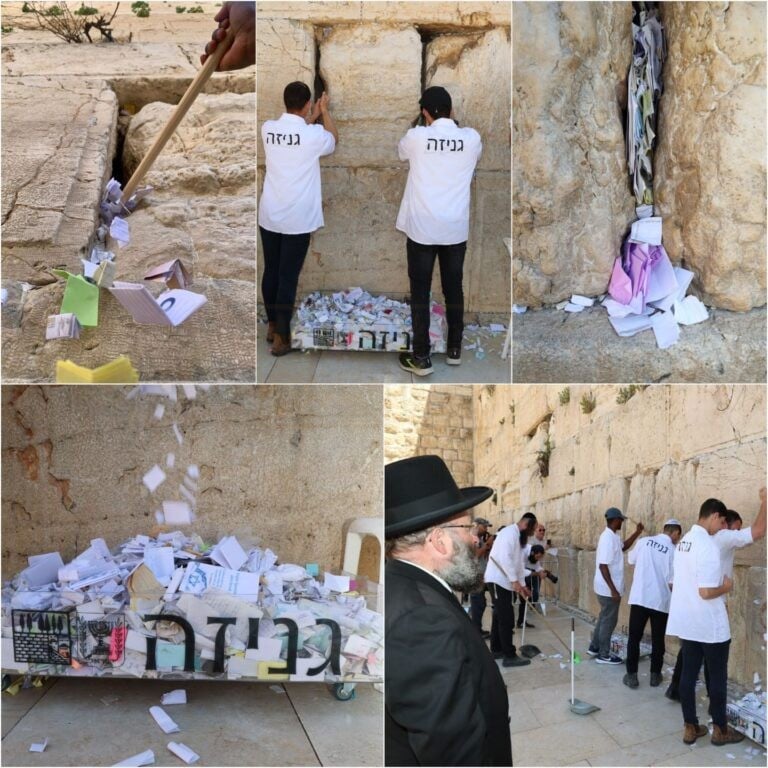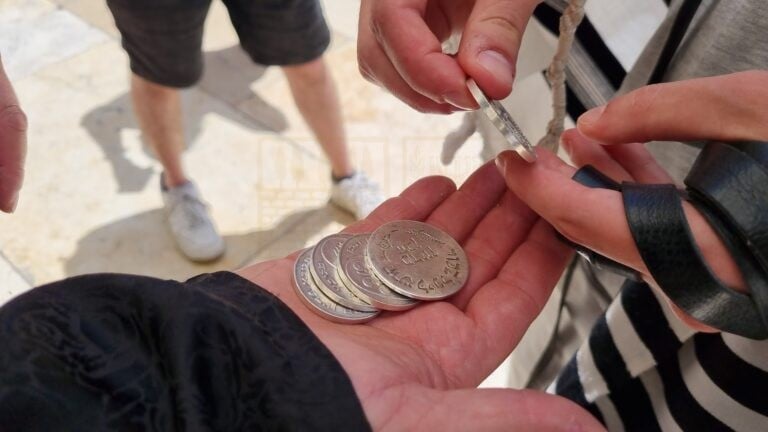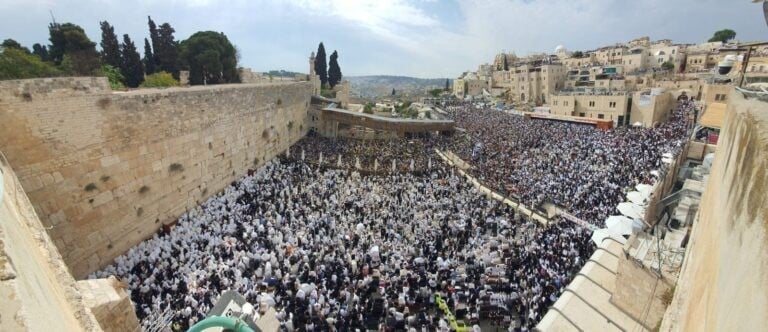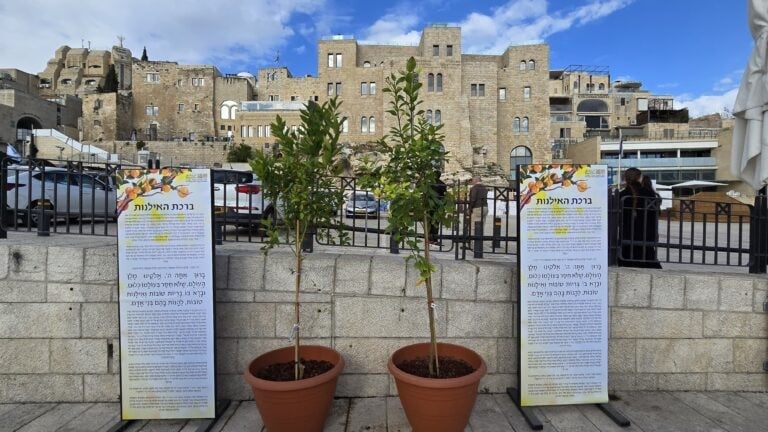This is what the Torah says:
This month shall be to you the head of the months; to you it shall be the first of the months of the year.
(Shmot 12, 2)
This instruction to count the months beginning with the month of Nissan is not at all simple. For man living in the ancient world ? and for those working in agriculture today ? the year begins in the fall. Before the rain starts, one must start plowing and seeding the fields in preparation for the upcoming year. Indeed, we celebrate Rosh Hashana, the Jewish New Year, at the beginning of the month of Tishrei with fall approaching.
The Torah recognizes this natural yearly cycle and expresses this recognition in several places as it terms the month of Tishrei ?the end of the year? or the ?period of the year?, but simultaneously, the Torah tells us to count the months from Nissan.
The purpose of this dual counting is Am Yisrael?s national memory. The nation sitting in its land begins its year naturally in the fall, but it also has to remember that its beginning was not natural. Am Yisrael was not created naturally and its belonging to natural history is not simple in the least. This is a nation that was created miraculously, in the Exodus from Egypt, and this is its starting point.
This memory of our past changes the present. A man?s memory of his supernatural beginnings will impact his consciousness and the way he values his existence. His view of himself and of others becomes more profound and sensitive. He knows he is not here by coincidence, and if he is here – it is because he has a role to fulfill.
Jews do not live only in the past and in the present, but envision a future horizon. During the thousands of years of Am Yisrael?s existence, the national memory of the Exodus brought about a vision for the future that is just as wondrous and unnatural. As Micha the prophet said, ?As in the days of your exodus from the land of Egypt, I will show him wonders?. Every Jewish mother promised her children that the day will come when the great story we are constantly remembering will repeat itself and the redemption will be complete.
A Jew lives in three time frames: He lives in the present and takes responsibility for existence in the here and now; he lives in the past and remembers where he came from and his rich history; and stemming from these he also lives in the future and fills his life with hope.

Tradition at the Western Wall: Clearing of tens of thousands of notes
3,000 notes are sent each month through the Foundation’s website in addition to the hundreds of thousands of notes personally placed by visitors








